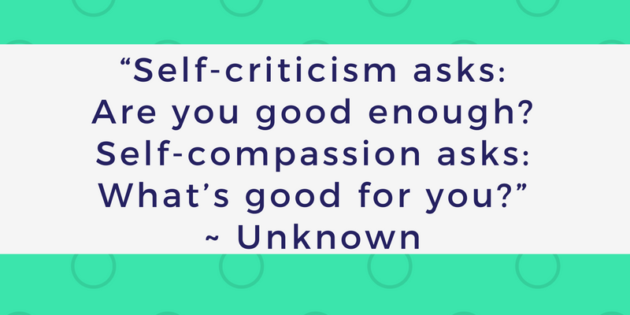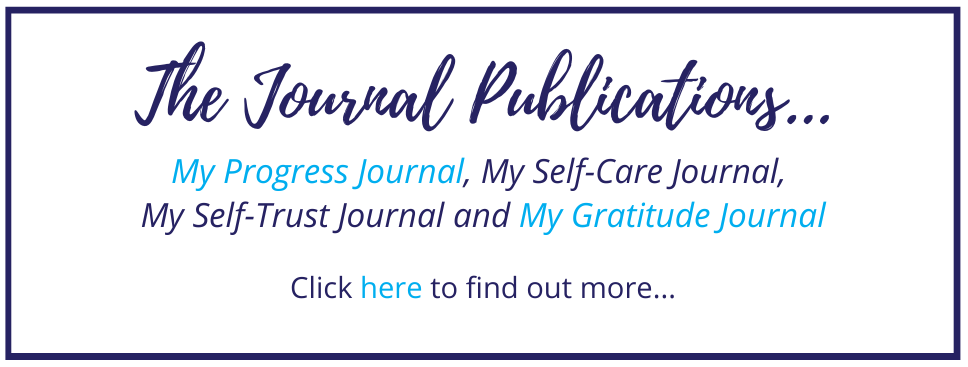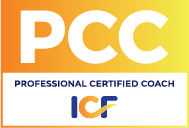Last month, I wrote about 7 draining habits. Each day for the 7 days, I shared a different habit that causes undue stress or anxiety in our lives. At the end of each post, I shared one simple step you can take to start to untangle from that draining habit. The habits first 7 habits were – overcommitment, blame, continual sense of lack, emotional eating, pushing through, taking things personally and self-doubt.
At the end of the 7 days, I realised there were many more habits, so I wrote about 7 more – control, approval addiction, comparison, complaining, making assumptions and perfectionism. Now it it time to write about 7 more draining habits and ways to start to recognise them. The habits I’m referring to are the ones that keep us overwhelmed, fatigued, anxious, stressed out and not enjoying life to the fullest.
Today we are going to focus on the habit of self-criticism.
So let’s get started…
Draining Habit #1: Self-Criticism
Have you ever wanted to try something new, change something, ask for help or pursue a passion? Then, as you muster enough courage to take small steps towards these changes or situations, you start to feel nervous, anxious or fearful?
You may even notice a voice inside your head constantly evaluating you why these changes could never happen – you’re not clever or skilled enough, everything you do is wrong, you’ll run out of money or a variety of other distorted thoughts.
Well done – you are human! And, we all have this self-criticism and quite often a self-sabotaging voice inside our heads that can hold us back. Some people are aware of this inner critic or outside voice and some people are not.
This voice inside our heads has been referred to by many names. Some people refer to this voice as the voice of ego or super ego, the little me, lower personality, limiting beliefs, sub-personality, monkey mind, saboteur and also linked in with the shadow. Today, I am going to refer to it as the inner critic or the “outside voice”.
The inner critic or “outside voice” can –
- Store all the rules on how you “should be” and then if you don’t follow these rules punish you.
- Often believes all of the negative/bad stuff said about you growing up (from family, friends, teachers, coaches) and reminds you of it constantly, so you are continually trying to be liked and striving to be better.
- Stop you from trying something new in case you make mistakes. If you do try something new, you can be constantly on high alert to avoid mistakes for fear of what can happen and the pain associated with it.
- Continually criticises and compares you to other people.
- Store the voices of parents, coaches or teachers (anyone you want to please) so you have a clear idea of what these people want from you and how you are to behave. With this information stored in your mind you can avoid their disapproval.
Imagine what life would be like if we were more aware of the inner critic and could choose to respond to it instead of react? Well we can!
Challenge: Starting to Untangle Self-Criticism –
Following is a variation of an exercise suggested by Kristin Neff to help you become aware of how you speak to yourself and change the way you relate to yourself.
- During the day notice when you are being self-critical. You may like to write this down in a journal.
- Questions to reflect on include – What words do you actually use when you’re self-critical? Are there key phrases that come up over and over again? What is the tone of your voice when you are self-critical – harsh, cold, angry? Does the voice remind you of any person in your past who was critical of you? You want to be able to get to know the inner self-critic very well, and to become aware of when your inner judge is active.
- Become consciously aware and see if there is a way to soften the self-critical voice, but do so with compassion rather than self-judgement. Say something like “I know you’re worried about me and feel unsafe, but you are causing me unnecessary pain. Could you let my inner compassionate self say a few words now?”
- Find something your inner critic and compassionate self can agree on. For example – “yes it would be able to have all of the washing completed, however that is not the way it is at the moment.”
If you chose to write down your responses above, you can reflect on them later to learn more about your criticizer, criticized, and compassionate voices. As Viktor Frankl said – “Between stimulus and response, there is a space. In that space is our power to choose our response. In our response lies our growth and our freedom.”
Over to You…
Let me know if you have any questions and please remember to take care of yourself (yes BE self-compassionate). Sometimes change can take a while, so be patient. Also – remember when the inner critic (outside voice) is consciously understood it supports your journey of wholeness and heartful living.
“The moment you become aware of the ego in you, it is strictly speaking no longer the ego, but just an old, conditioned mind-pattern. Ego implies unawareness. Awareness and ego cannot coexist.” ~ Eckhart Tolle
Feel free to share any comment below or on our Facebook page here.
If you are ready to take yourself on the adventure of getting to know yourself (your true self), why not join the Toolkit? A place where I share tools, inspiration and ideas to live a courageous and openhearted life.
Reference –
Neff, K. (2011). Self-Compassion: The Proven Power of Being Kind to Yourself. New York, USA: HarperCollins Publishers.

















Leave A Response